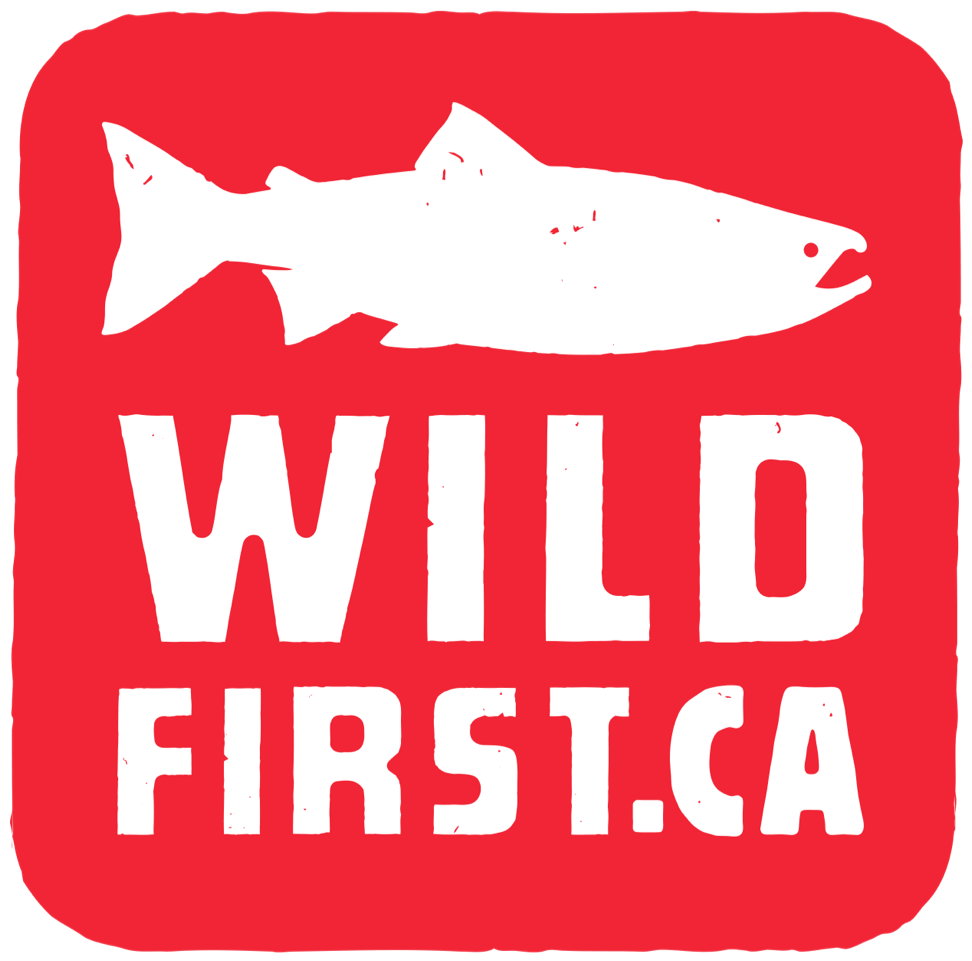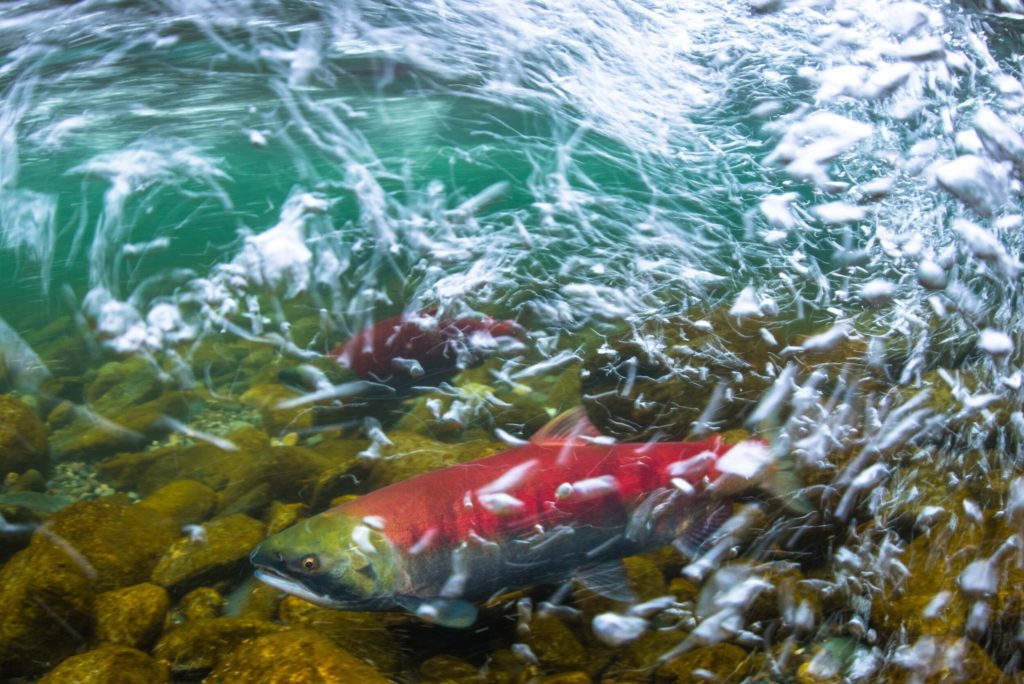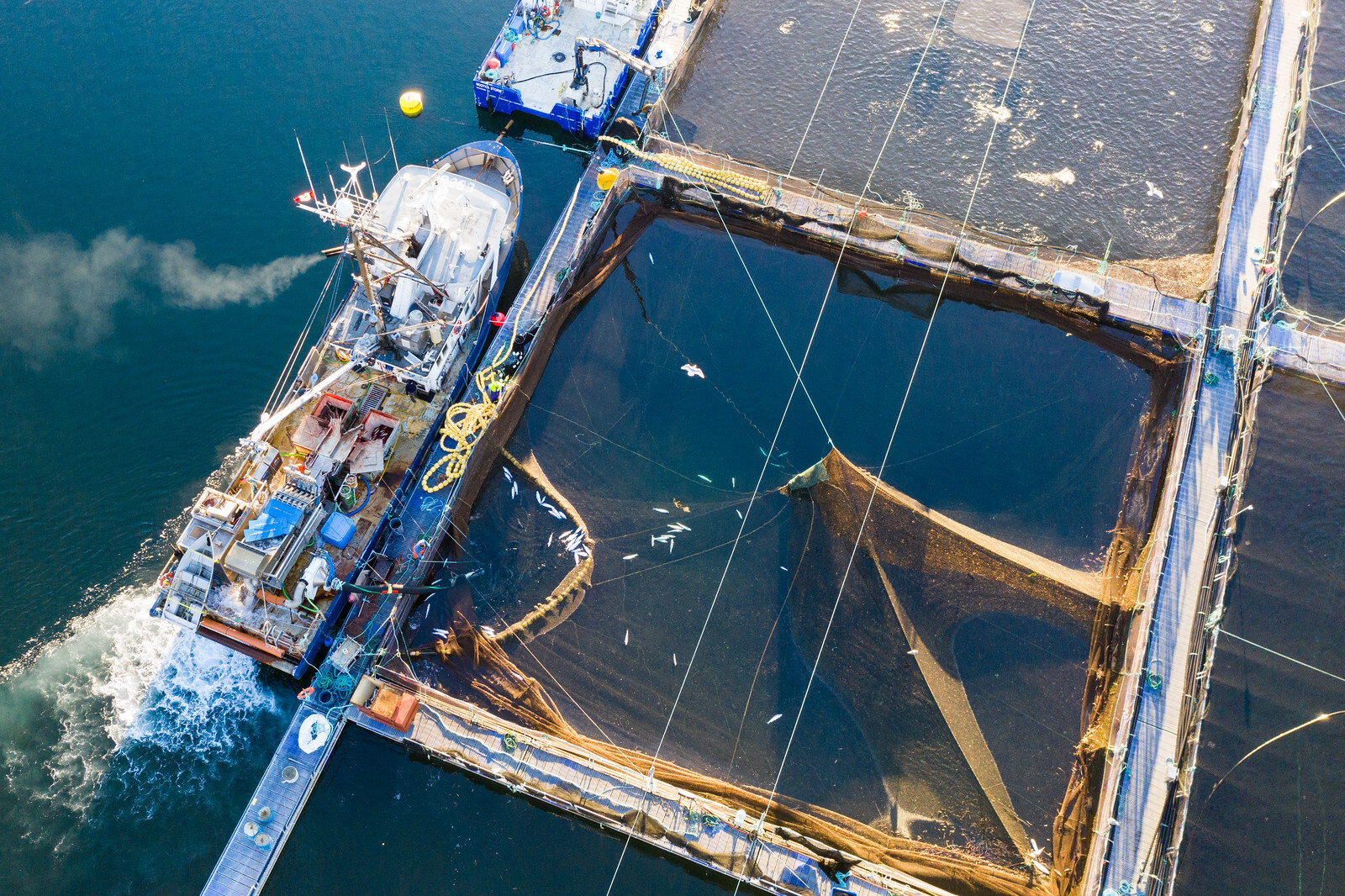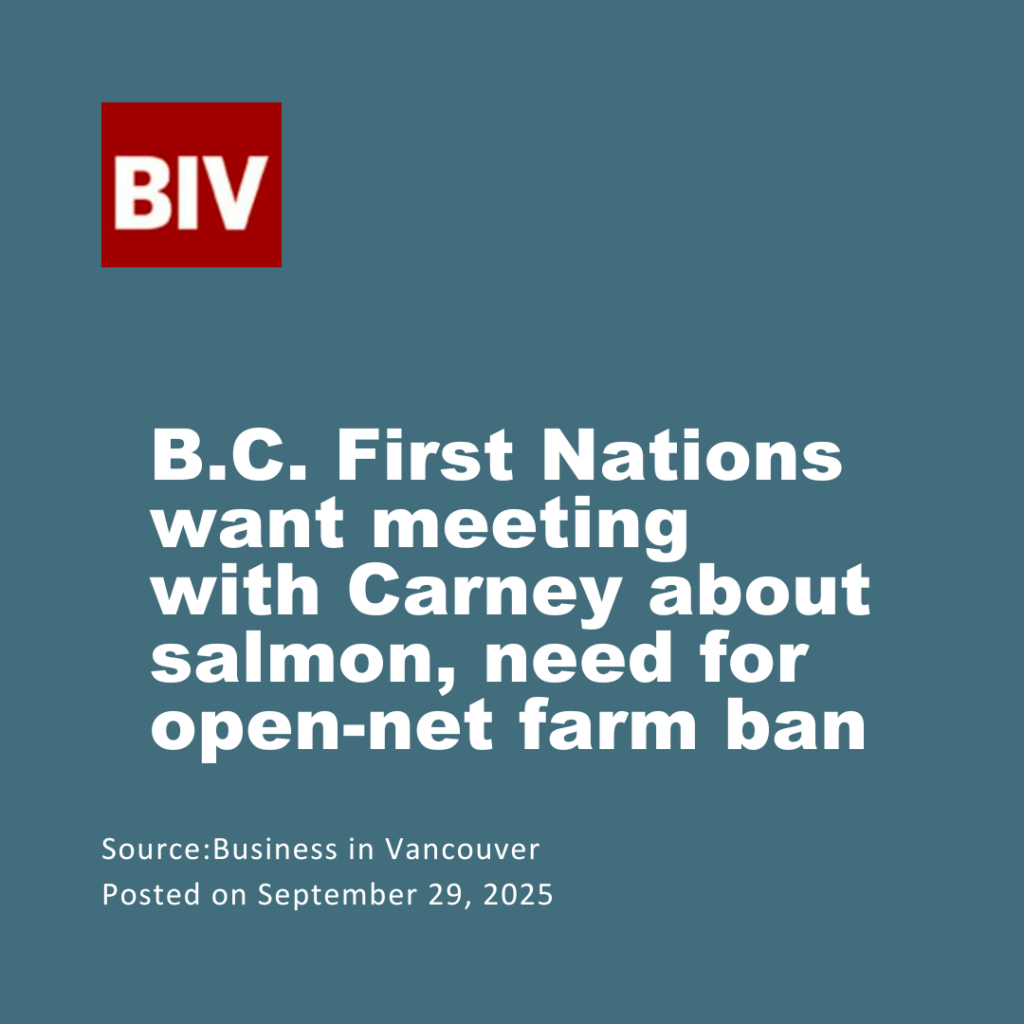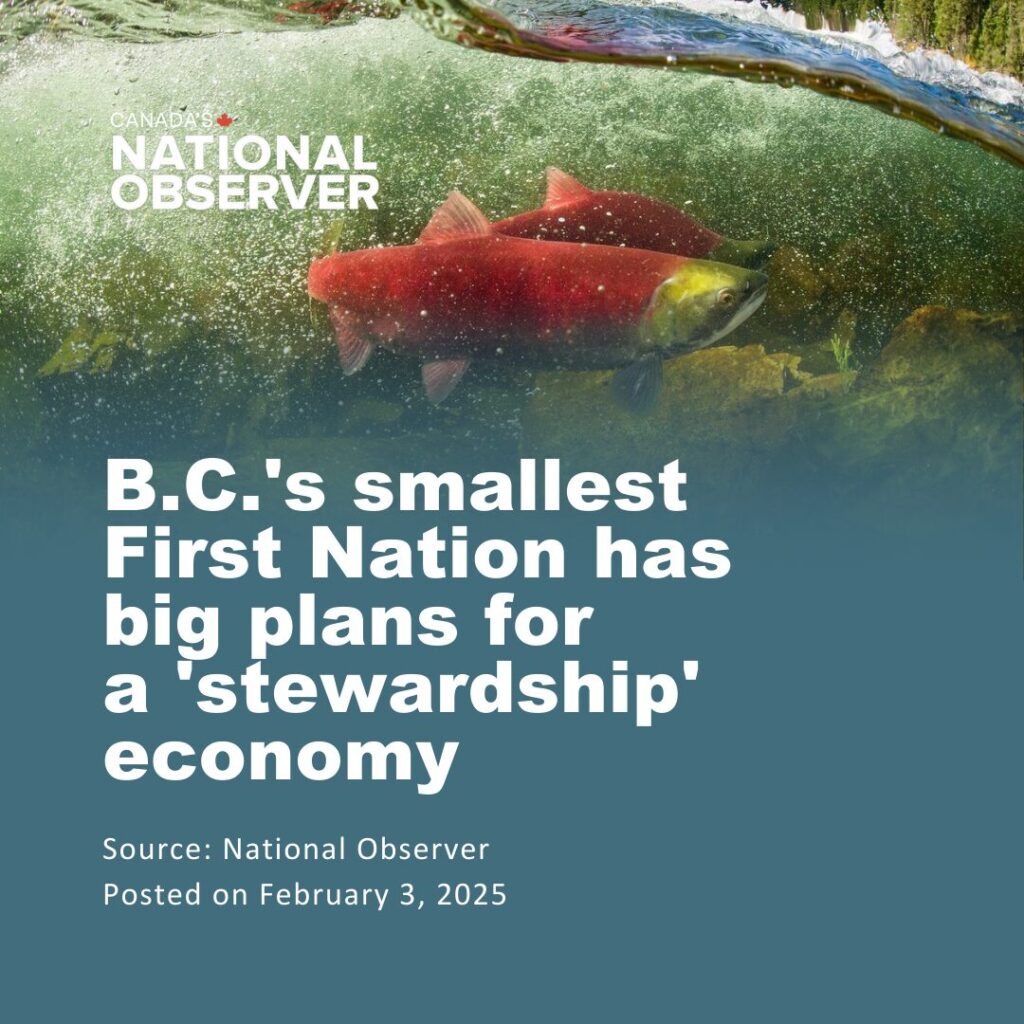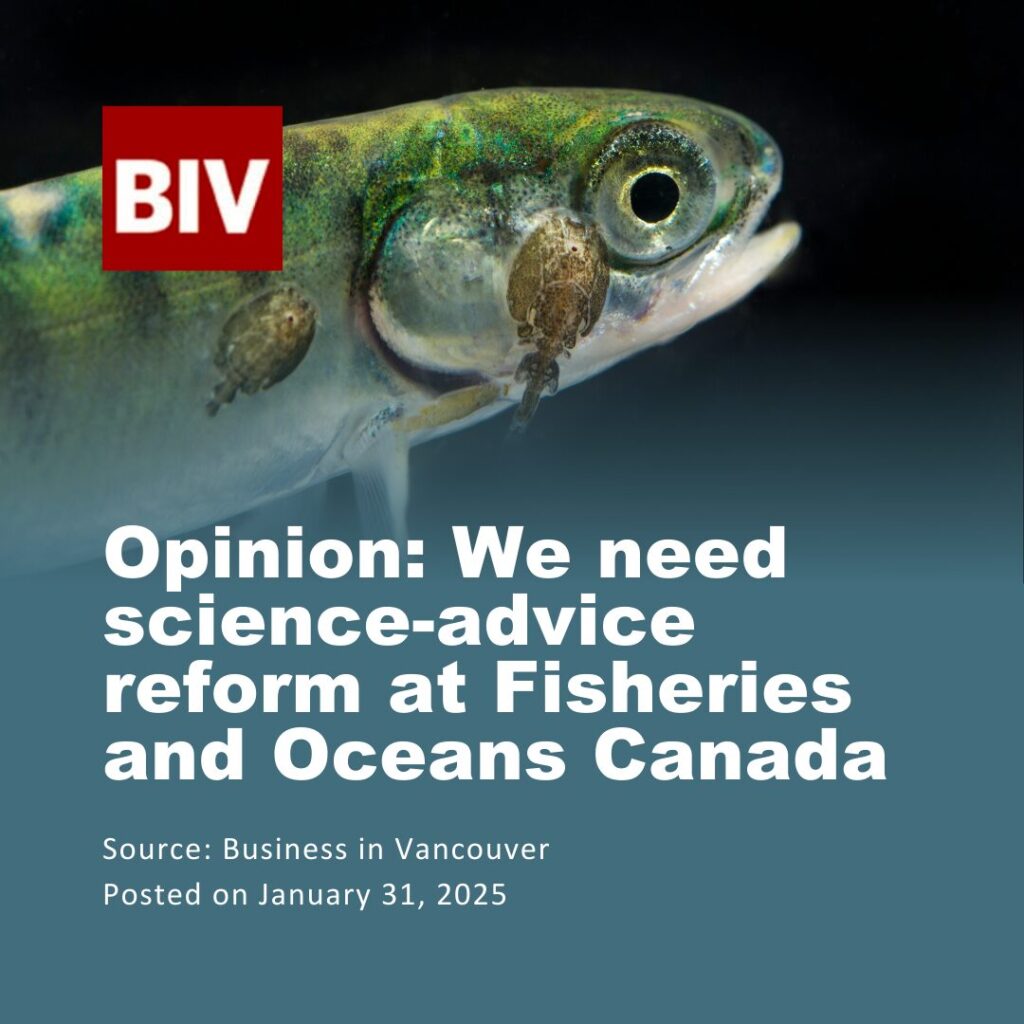The federal government has committed to working with the Province of British Columbia to responsibly transition away from open-net salmon farming in coastal B.C. waters and ban net pens by 2029.
This essential transition opens the door to a stronger coastal economy – one that restores wild salmon, supports fisheries and tourism, and creates thousands of stable, year-round jobs.
